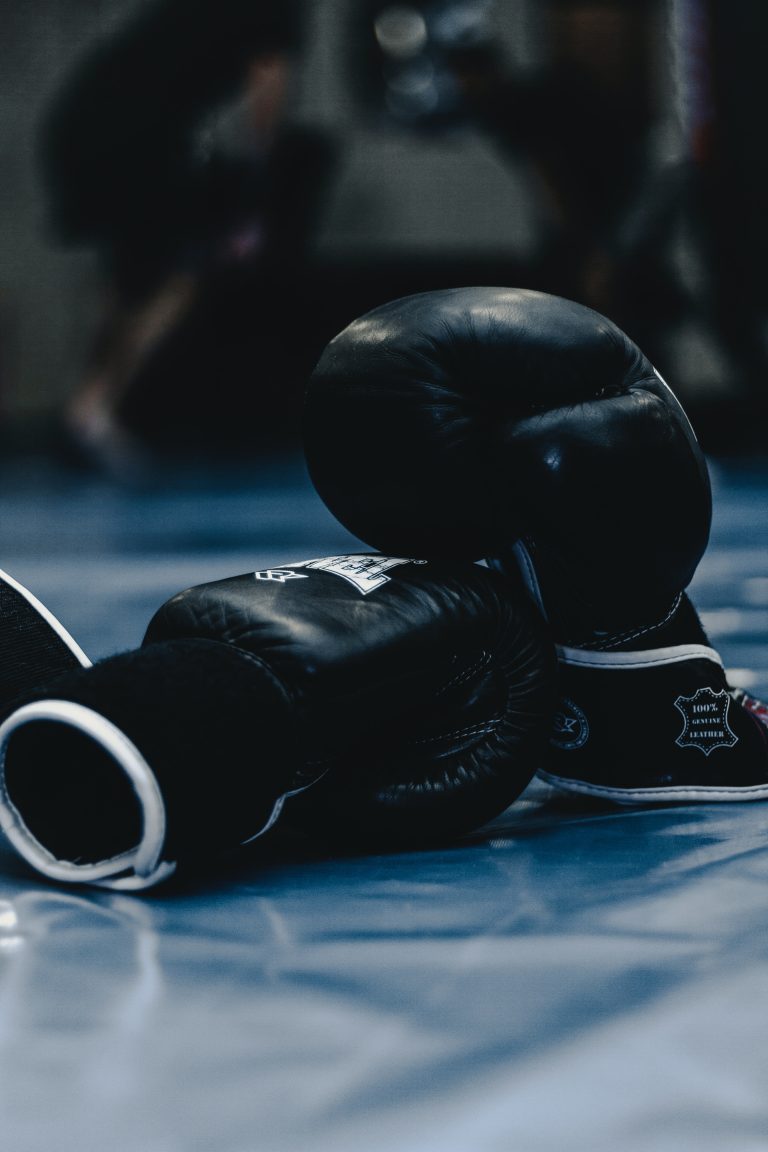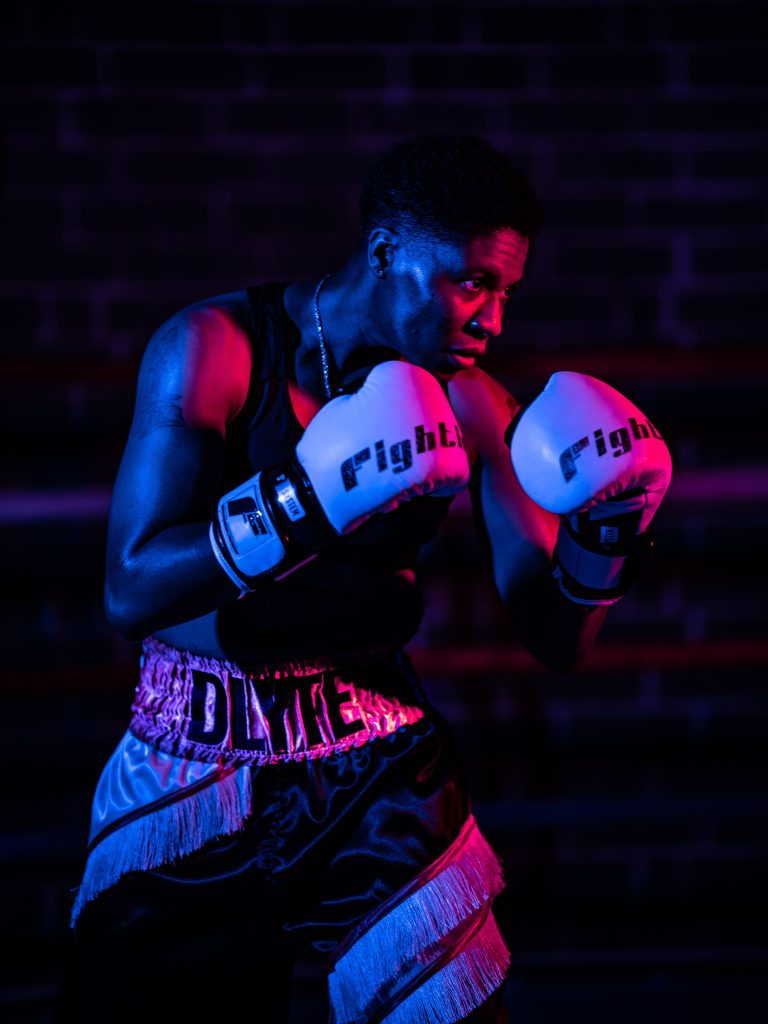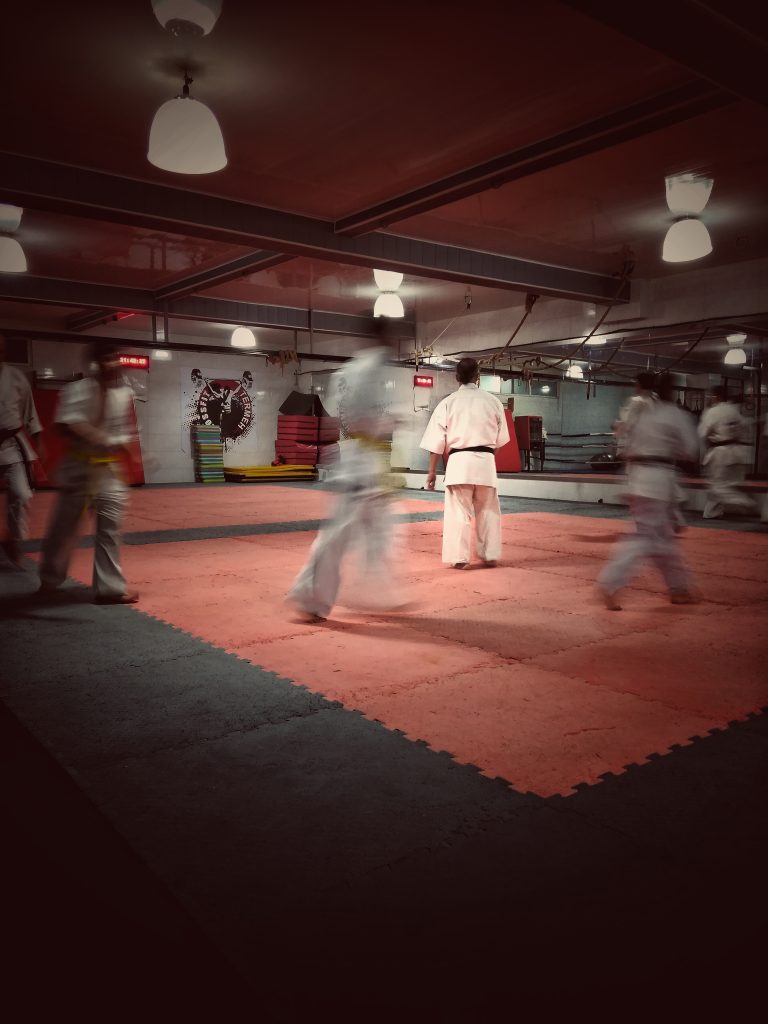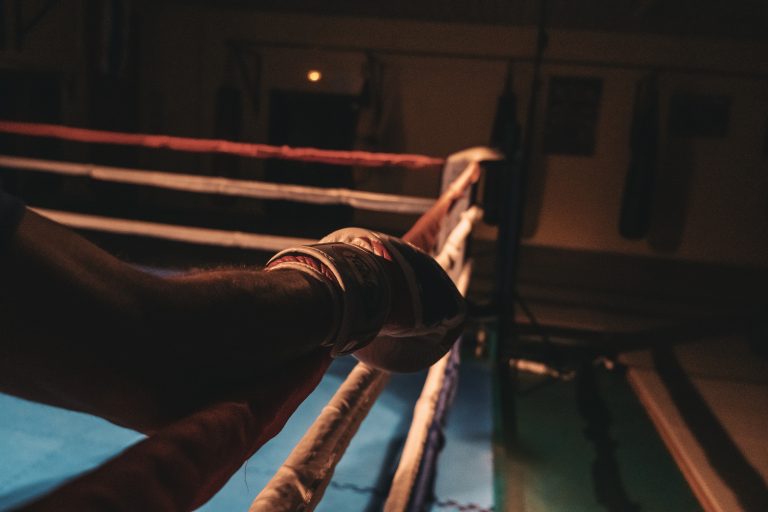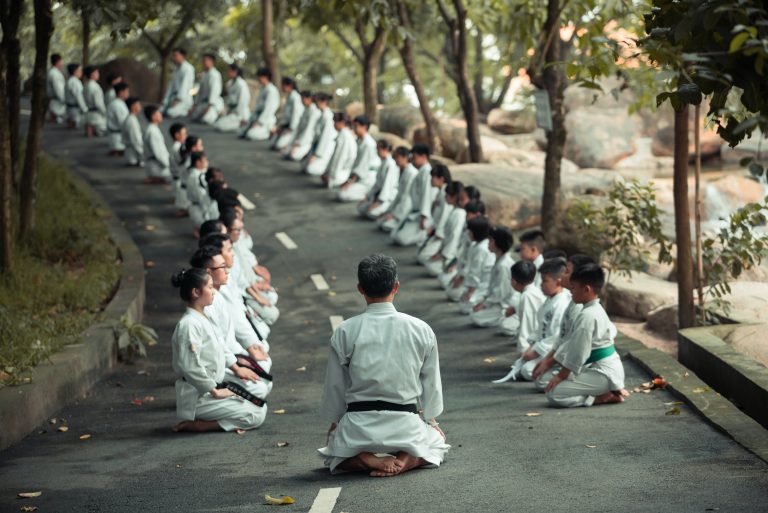Why Karate Is The Ideal Martial Art For Self-Defense
More and more people are looking to martial arts as a way to not only get into shape and develop their physical wellbeing, but also to inspire confidence and leadership skills. As someone who has a black belt in Karate, I want to share why I think Karate is the ideal martial art for self-defense. Self-defense can be a difficult skill set to learn, but with the right guidance and passion, it can bring considerable success and safety.
Karate is a Japanese martial art that has been studied, adapted and perfected by practitioners over the centuries. It is based on the use of hands and feet as the main tools for striking, blocking, grappling and evasion. As opposed to the more traditional, hard-style martial arts like taekwondo or kung fu where powerful hard strikes are used, Karate focuses more on soft, circular movements, resulting in a much less aggressive and destructive form of combat.
In addition to its defensive approach in combat, Karate is also praised for its emphasis on form, stance and discipline which builds character as well as physical strength. Furthermore, Karate practitioners become highly martial artists with a comprehensive knowledge of defense techniques against all kinds of opposition. Moreover, due to its ‘non-aggressive’ approach, Karate is generally easier to learn than more aggressive martial arts such as judo or boxing.
Overview Of The Benefits Of Practicing Karate For Self Defense
Here’s an overview of how practicing Karate can benefit you in a variety of ways when it comes to self-defense:
- Enhanced Well-Being: Practicing Karate can help improve your overall physical and mental well-being. After all, building strength and endurance naturally through regular practice can do wonders for your self-esteem, physical fitness and mental well-being.
- Physical Fitness: Karate not only builds muscle strength, but also increases flexibility and balance which can keep you nimble and alert on your feet.
- Enhanced Self-Awareness: Practicing Karate will give you knowledge about your body’s capabilities for combat so you know when and how to apply the right kind of defensive moves.
- Improves Concentration: Training in martial arts requires practice and focus which helps enhance mental sharpness.
- Develops Confidence: Knowing how to defend yourself can greatly boost your confidence level.
Choosing The Right Karate Style For Self Defense
The most commonly practiced Karate style for self-defense is Shorin-Ryu. This type of karate uses both traditional hard strikes as well as softer circular movements that are less destructive in nature. The hard strikes can be used against attackers while the softer strikes can be used as defensive maneuvers. In addition, the soft style of Shorin-Ryu emphasizes more on form as well as learning defense techniques like how to block, evade, and parry against opponents’ attacks.
Another highly practiced style of Karate that`s popular for self-defense is Goju-Ryu. This style is known for its aggressive approach which often incorporates throws and joint locks while utilizing a variety of strikes with the hands and feet. Also popular is Shotokan which is distinguished by its fast blocks and counterattacks often involving punches and kicks. This style focuses heavily on developing strong stances, good form and discipline which helps with anticipating attacks from opponents and responding quickly.
The jutsu system of karate is also often studied by practitioners who wish to have a comprehensive understanding of self-defense techniques from different styles. Originally developed in Okinawa, Jutsu was meant not only to keep practitioners safe against physical attack but also to develop a strong sense of self through the practice of defensive maneuvers.
Conclusion
Karate with its soft, circular movements is the ideal martial art for self defense especially for beginners who are looking for a less aggressive practice. Not only is it easier to learn than other styles but its emphasis on form, stance and discipline provides practitioners with a comprehensive knowledge of self-defense techniques backed with physical strength and enhanced mental sharpness. With so many styles to choose from, practitioners can find the right fit and hone their skills to become expert martial artists.
At the end of the day, there’s no better feeling than knowing that you’re capable of defending yourself should an emergency situation arise. Whether you’re looking to enter the world of martial arts or just looking to build an extra layer of protection around you, give karate a try, you won’t be disappointed!
Why Karate Is The Ideal Martial Art For Self-Defense – FAQ
If you’re looking for a martial art to learn self-defense, karate should definitely be in the list of options as it is one of the most effective martial arts for self-defense. Karate is a traditional martial art that has been developed over hundreds of years and it incorporates strikes, kicks, blocks, and throws, making it a very practical and versatile martial art.
However, before you decide to start learning karate for self-defense, it’s important to have a clear understanding of what it is, how it can benefit you, and what you need to know before starting.
Here are some of the most frequently asked questions about why karate is the ideal martial art for self-defense:
1. What is karate?
Karate is a martial art that originated in Okinawa, Japan, and it’s a combination of various martial arts that were practiced on the island. It has a focus on striking, using punches, kicks, and knee strikes, along with elbow and open-hand techniques. Karate also incorporates blocks, throws, and joint locks.
2. Is karate effective for self-defense?
Absolutely. Karate is one of the most effective martial arts for self-defense due to its focus on striking and practical techniques. Its techniques are designed to be efficient and effective at disabling an attacker quickly.
3. Can anyone learn karate?
Yes, anyone can learn karate, regardless of age or gender. Karate classes are often divided into different age groups and skill levels to make sure that everyone gets the appropriate training and instruction.
4. Will I get in shape by learning karate?
Definitely. Karate training involves a lot of physical activity, which can help improve your overall fitness level. You’ll develop better balance, coordination, flexibility, strength, and endurance through regular training.
5. Do I need any experience in martial arts to start learning karate?
No prior martial arts experience is necessary to start learning karate. In fact, beginners are usually the majority in most karate classes. Karate instructors will teach you everything you need to know, from basic techniques to advanced skills.
6. What equipment do I need to start learning karate?
Typically, you’ll need a karate uniform (gi) and a belt that indicates your rank. You may also need gloves and shin guards for sparring and bag work. Most karate dojos (schools) will have equipment available for students to use, at least in the beginning stages of training.
7. How long does it take to get a black belt in karate?
The time it takes to get a black belt in karate depends on the individual and the specific style of karate being studied. In general, it takes anywhere from 3 to 5 years to earn a black belt in karate, but it could take longer. The journey to black belt is an individual one and requires dedication, perseverance, and consistent effort.
8. Is sparring a part of karate training?
Yes, sparring is a crucial part of karate training, as it allows students to practice their techniques in a controlled environment. Sparring helps students develop timing, distance, reflexes, and strategy, and it’s usually done with protective gear to prevent injury.
9. How can karate training benefit me outside of self-defense?
Karate training can have numerous benefits, including improved physical fitness, better coordination and balance, increased discipline, and improved mental toughness. It can also be a great way to relieve stress and improve your overall well-being.
10. Should I choose karate over other martial arts for self-defense?
While there are many effective martial arts for self-defense, karate is definitely one of the best. Its emphasis on practical techniques and striking make it a very effective martial art for self-defense. However, the best martial art for self-defense is the one that you enjoy training in and that fits your personal goals and needs.
Conclusion:
Karate is a versatile and effective martial art for self-defense that anyone can learn. Its focus on striking, practical techniques, and sparring make it a great choice for anyone looking to learn self-defense or improve their overall fitness and well-being. If you’re interested in learning karate, find a reputable dojo near you and get started today!
Inhaltsverzeichnis

